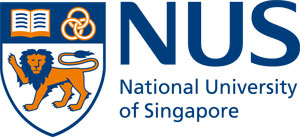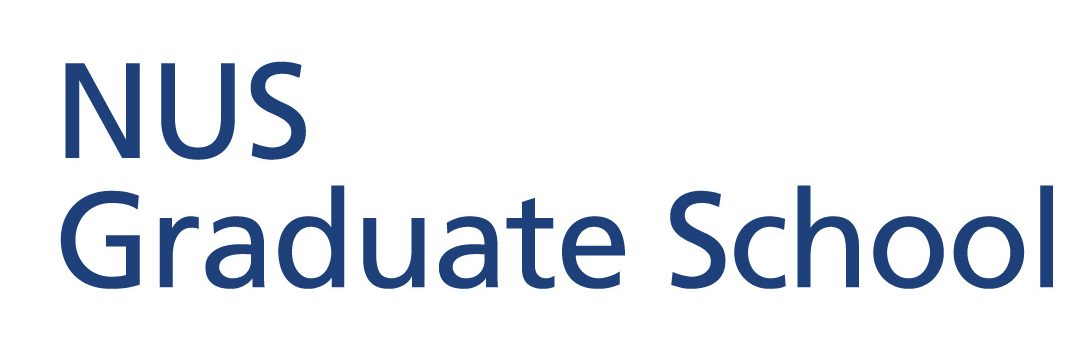ISEP students are responsible to find their own accommodation, be it on- or off-campus, which students are free to opt for.
ISEP Scholarship stipend is more than sufficient to cover accommodation expenses.
NUS has on-campus halls of residences which newly-admitted ISEP students can opt and apply for, catering to both single and married students. You may find these options at the portal, www.nus.edu.sg/osa/campus-living/residential-options/halls-of-residence.
Before admissions, students will receive an admissions package. It will contain information on how students can start applying for on-campus accommodation.
Alternatively, you may choose to rent accommodation off-, but very near, campus. Not all students actually opt to stay on campus because of the flexibility, convenience and other lodging-specific factors that come with staying off-campus, because ISEP students’ laboratories are not centralised, but located over a wide geographic spread across the whole campus.





